By all appearances Idaho State Senator Brent Hill, the Rexburg Republican who is the president pro tem of the state senate, is a thoughtful, nice guy. He runs the state senate with a light tough, frequently invoking a “come let us reason together” demeanor. He seems far removed from the angry, fearful, resentful base of the Republican Party in the Era of Trump.
Yet, Hill’s recent decision to shelve again for another year any legislation that would extend human rights protections to Idaho’s LGBT community is, sadly, very much in keeping with current GOP orthodoxy of marginalizing communities that fall outside the party’s fearful, overwhelmingly white, religiously conservative base. Hill is practicing, or more correctly allowing to continue, the old conservative politics that preach that “the time is not yet right” to bring full human rights protections to fellow citizens too often left in the dark shadows of discrimination and hatred.
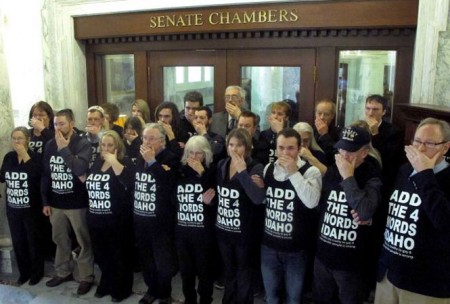
In a recent op-ed calling for more talking and no legislative action again this year, Hill struck what seems on the surface to be a moderate, caring tone. No doubt he meant to strike such a tone, but his language is as disappointing as it is misleading.
As Hill wrote the “only viable solution [to LGBT protection under Idaho’s human rights statute] is a balanced approach—one that will provide protection against discrimination based on sexual orientation while simultaneously safeguarding the right to fully exercise religious convictions.”
He called for more dialogue because, as Hill wrote, “it takes time … for people to better understand the concepts of this balanced approach and focus on the benefits it provides them.” It takes time, Hill said, time that Idaho’s overworked lawmakers just “do not have in the current legislative session.”
We just need more time. More time to talk. More time to reason. More time. More time.
Brent Hill surely did not intend for his manifesto for more talking to echo the calls of many religious leaders of the 1960s who counseled Dr. Martin Luther King, Jr. to go slow in the pursuit of civil rights for African-Americans. Hill perhaps didn’t intend to imitate those who counseled King to slow down, but he did just that. And King’s answer in 1963 remains today’s best answer to those, like Senator Hill, who counsel delay rather than provide moral leadership.
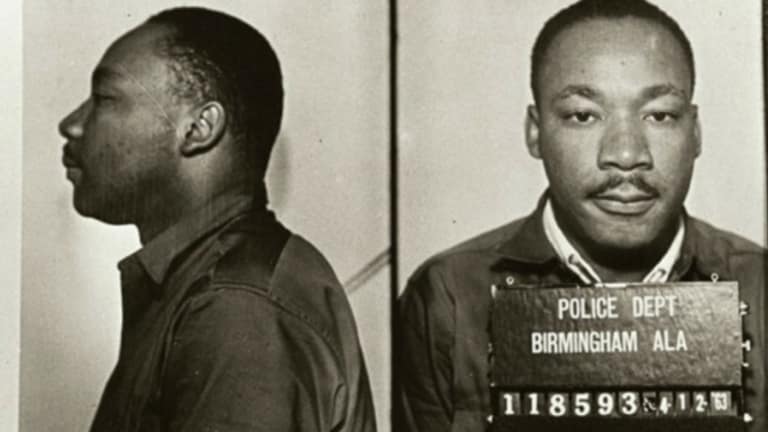
“We know through painful experience that freedom is never voluntarily given by the oppressor; it must be demanded by the oppressed,” King wrote from the Birmingham jail where he was imprisoned for demonstrating not for “a balanced approach,” but for immediate justice and equality.
“Frankly, I have yet to engage in a direct action campaign that was ‘well timed,’” King wrote to those who were critical of his aggressive efforts. “For years now I have heard the word ‘Wait!’ It rings in the ear of every Negro with piercing familiarity. This ‘Wait’ has almost always meant ‘Never.’ We must come to see, with one of our distinguished jurists, that ‘justice too long delayed is justice denied.’”
Currently the Idaho Human Rights Act provides statutory protection for someone with strongly held religious beliefs, but a LGBT citizen has no protection under the law from discrimination related to employment, housing, public accommodation, and education.
And Senator Hill must know the argument that someone’s religious beliefs should allow them to deny another person’s fundamental human rights is, unfortunately, as old as America’s long toleration of racial hatred and as wrong as segregation.
As Dr. King knew – and died proving – rights are not merely granted they are won through demands and political action, including shaming the reluctant and those who counsel patience. Unfortunately, slow rolling before doing the right thing is part of Idaho history. Idaho was very late in adopting a day honoring Dr. King with some arguing as recently as 1990 that the country’s greatest civil rights warrior was a troublemaker unworthy of celebration.
It took four tries to adopt legislation authorizing kindergarten in the 1970s and now the fearful, resentful caucus stalls legislation to begin to provide pre-K education. Republicans can’t even agree on a measure outlawing child marriage.
Not liking that voters can actually put issues on the ballot and pass them into law Republican Senator C. Scott Grow of Eagle would make Idaho’s already extremely difficult initiative process next to impossible by adding new requirements for signature gathering. Grow talks about his proposed limitations on citizen political action as though it were a mere tweak of the law that implements what is embedded in the Idaho Constitution. His argument is flimsy and dishonest. Grow is proposing a fundamentally undemocratic measure designed not to empower citizens, but to diminish them. Other lawmakers would happily thwart the overwhelming will of Idaho voters by imposing conditions on access to medical care.
Make no mistake, the Idaho Republican Party, the party that has embraced a leader who, as conservative columnist Michael Gerson has written, “has made the denial of dignity to certain people and groups a political rallying cry,” is acting true to form.
Year after year, the party purposefully denies basic human rights to a sizeable group of Idaho citizens because they can’t get beyond their own intolerance. To give into such fear, resentment and old-fashioned bigotry, particularly in the guise of protecting religion, is an odious failure of moral leadership.
It takes courage, an attribute often lacking particularly in a one-party state, to stand up and be counted on what simply amounts to doing the right thing. Imagine if Brent Hill, a widely acknowledged decent and intelligent politician, would put the moral weight of his powerful position behind pulling Idaho forward to the benefit of thousands of his fellow citizens? Would he catch some grief from the fear mongers and haters on the far right? Of course he would. He should wear that pushback as a badge of honor.
Delay can be comfortable for those who know no discrimination.
—–0—–


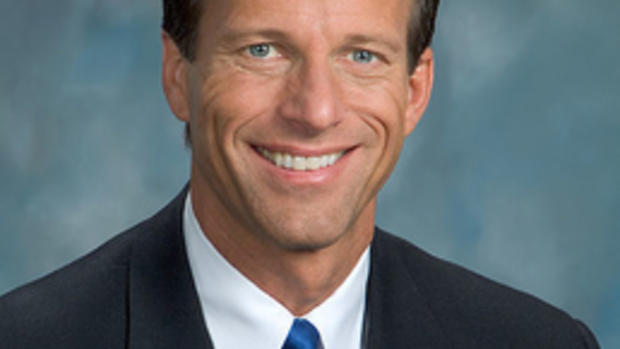
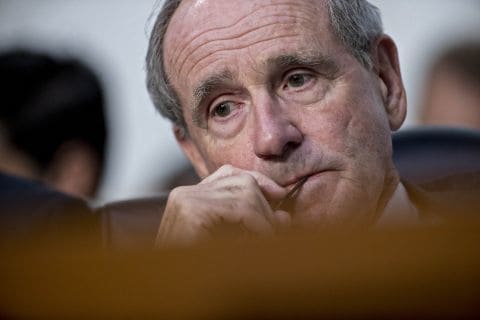
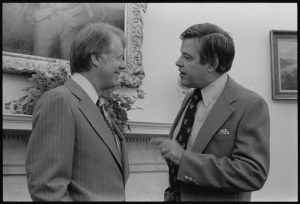








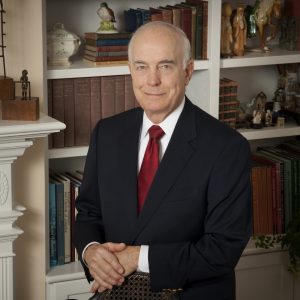
 The effort by the Jordan campaign to obscure where campaign money has been spent adds to a litany of questions –
The effort by the Jordan campaign to obscure where campaign money has been spent adds to a litany of questions – 





